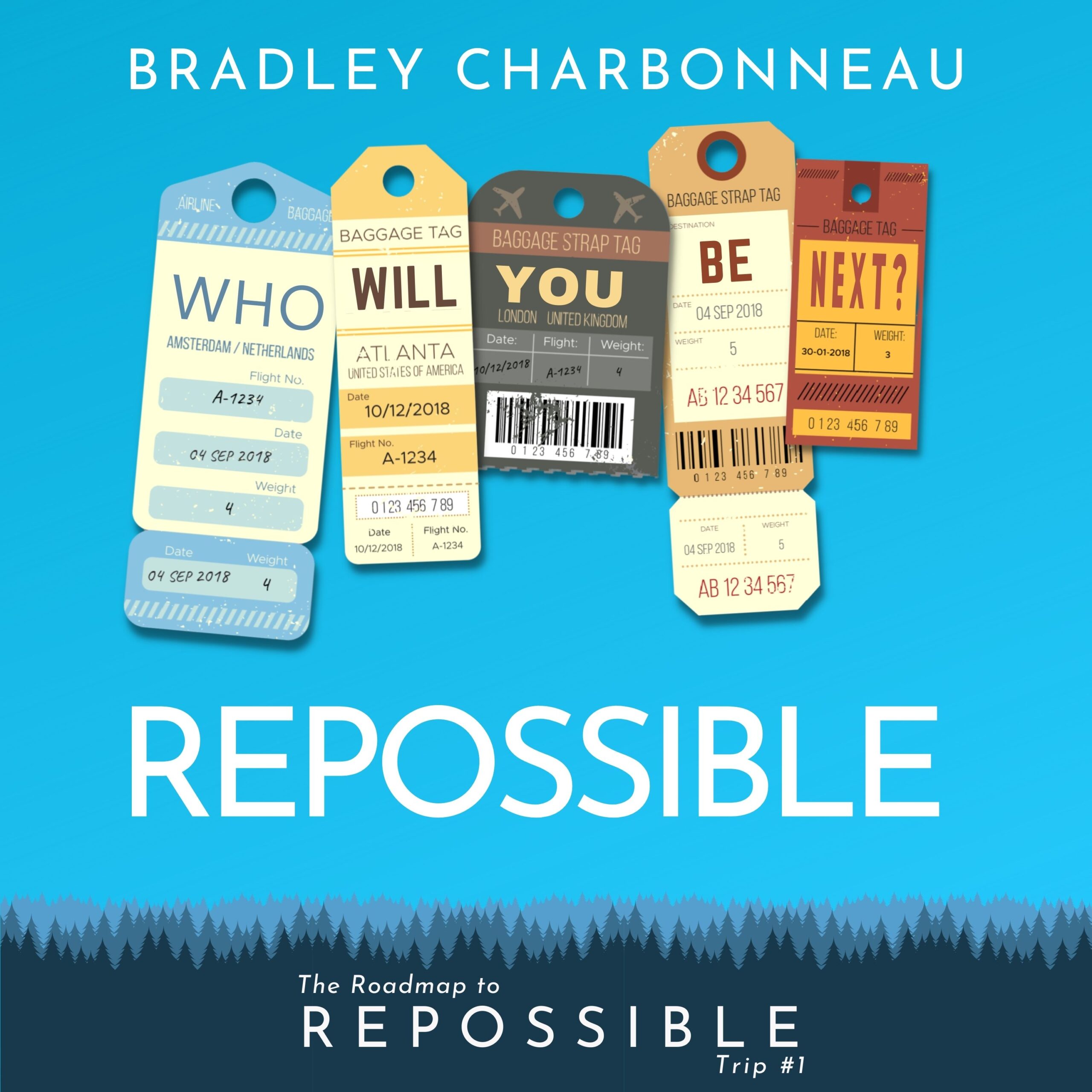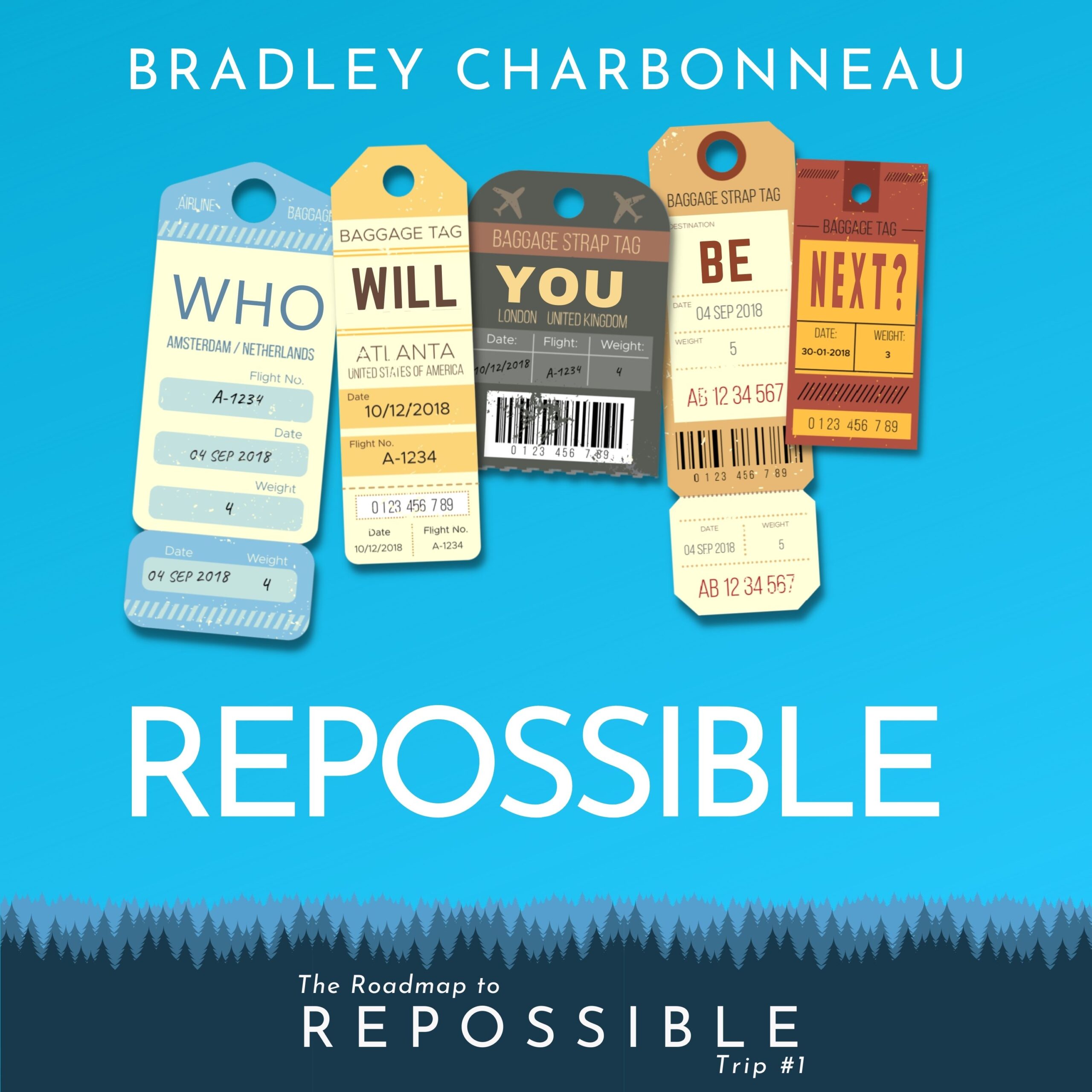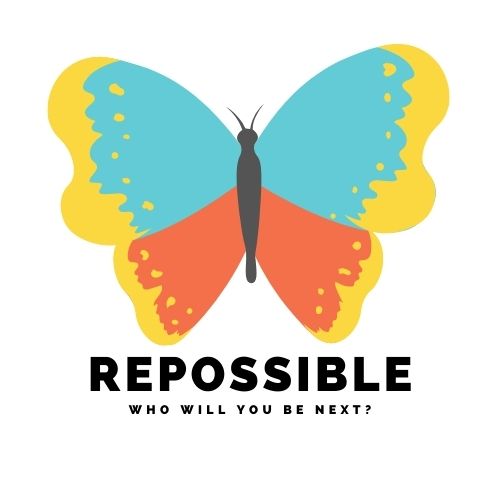Episode Transcript
[00:00:00] Speaker A: Okay, let's dive in. Picture this scene. You've got cool jazz playing. You can hear waves nearby. There's this amazing sunset over the ocean.
[00:00:08] Speaker B: Sounds incredible.
[00:00:09] Speaker A: It is. And it's the backdrop for our source material today. It's a YouTube transcript from Bradley Charbonneau, speaking right, from that spot in Bali.
[00:00:18] Speaker B: Right. And that location, it's more than just scenery. It sets the stage for, well, a deeper look. We're taking his reflections from Bali.
[00:00:26] Speaker A: These very personal thoughts.
[00:00:27] Speaker B: Exactly. And using them to explore some really universal questions. Things like, how do we actually live our dreams? What does success, you know, really mean to each of us?
[00:00:37] Speaker A: And how do we find clarity on our own path, which can often feel, well, pretty chaotic?
[00:00:42] Speaker B: So the main source is that YouTube transcript, the Thanksgiving in June from Bali, and just a note saying who the speaker is.
[00:00:49] Speaker A: And our mission here is to sort of unpack all of that, get past the beautiful setting and dig into his ideas on gratitude, values, purpose, and pull.
[00:00:59] Speaker B: Out the key takeaways, the insights that you listening might be able to apply to your own life, your own goals.
[00:01:03] Speaker A: So let's start with something that really jumped out.
Bradley shares this story about a dream he had years ago.
[00:01:11] Speaker B: Yeah, very specific one. He pictured himself in a hotel lobby somewhere far away, Right.
[00:01:17] Speaker A: Waking up super early, family still asleep, and just writing on his laptop.
[00:01:21] Speaker B: And then fast forward, he's in Athens.
[00:01:23] Speaker A: Greece, and he's doing exactly that, typing away in the hotel lobby. And suddenly it just clicks.
[00:01:28] Speaker B: You realized, wait a minute, I am living that dream I had?
[00:01:31] Speaker A: Yeah, the exact one.
[00:01:32] Speaker B: But the really striking part, I think, is that he admits he hadn't even noticed it was happening until that very moment.
[00:01:39] Speaker A: It's quite something, isn't it?
[00:01:40] Speaker B: It really is. And it brings up these questions he asks himself in the source, like, was he just not aware?
Did he forget the dream? Or, you know, was he not tracking his progress?
No system for it.
[00:01:52] Speaker A: It definitely makes you reflect on your own life. Like, how often might we be living parts of a future we once hoped.
[00:01:57] Speaker B: For, Small parts, maybe, or even bigger.
[00:01:59] Speaker A: Ones, without actually stopping to appreciate it or even realize it's happening?
[00:02:05] Speaker B: How can we get better at noticing, at acknowledging our own progress, not just towards some huge end goal, but, you know, the moments we're in right now?
[00:02:14] Speaker A: Good question. Now, shifting gears slightly, but relatedly, he talks about different ways to think about success, right?
[00:02:20] Speaker B: He brings up his friend Rich.
[00:02:22] Speaker A: And Rich apparently thinks bigger, aiming for things like, say, a million subscribers.
[00:02:29] Speaker B: Whereas Bradley describes his own Goals, like maybe 100,000 subscribers as pretty Small in comparison.
[00:02:36] Speaker A: He even makes a little joke about it maybe being his Dutch passport. That makes him more modest.
[00:02:41] Speaker B: Right.
But the core point, the really interesting bit, is his own definition of success, which is for him the real pleasure, the feeling of success, and importantly, purpose comes more from helping other people achieve things.
[00:02:54] Speaker A: So it's less about the external number and more about the impact.
[00:02:57] Speaker B: Seems that way, yeah. And that prompts a question for you listening. What scale are your dreams on? Are you chasing those big traditional numbers?
[00:03:04] Speaker A: Or is your definition maybe more personal, tied to contribution, perhaps, or learning or something else entirely?
[00:03:11] Speaker B: And how do you actually measure that? How do you know when you feel successful or purposeful?
[00:03:16] Speaker A: Okay, let's connect this idea of values and purpose to something really concrete he talks about from Bali.
Money spending.
[00:03:25] Speaker B: Ah, yes, the financial details. He's staying at the Intercontinental, so a nice place.
[00:03:29] Speaker A: And he mentions the price of a bintang beer. It's 60,000 Indonesian rupiah, which works out.
[00:03:36] Speaker B: To about what, €3 roughly.
[00:03:38] Speaker A: Yeah, but then there's happy hour. Two for one.
[00:03:41] Speaker B: Ah, the magic words.
[00:03:43] Speaker A: So that brings it down to maybe 1.€5 or like a dollar fifty per beer. And his reaction is just, this is unheard of in the Western world.
[00:03:51] Speaker B: And that's the key contrast, isn't it? Because he says he wouldn't pay say €14 for a beer back in a.
[00:03:57] Speaker A: Western country, even if he could easily afford it. It's not about the absolute cost.
[00:04:01] Speaker B: Right. He labels himself not a cheapskate, but a value seeking entrepreneur.
[00:04:06] Speaker A: A specific phrase. So what does that look like in practice besides the beer?
[00:04:10] Speaker B: Well, he gives other examples. Renting a bike for the whole day.
[00:04:12] Speaker A: Cost him 50,000 rupiah, which is like 2.5 Euros. Super cheap.
[00:04:17] Speaker B: Exactly. Or getting this package at a quote, nice spa, yoga and a long massage with all the nice touches like ginger tea. Okay, for 500,000 rupiah, that's about €25 or US$25.
[00:04:29] Speaker A: Wow. Okay, that's serious value for experience, definitely.
[00:04:34] Speaker B: And then he contrasts that with a story about being in San Diego. Oh yeah, just a casual stop. An average sports bar, wings and beers for four people. The bill was around $160.
[00:04:43] Speaker A: Ouch. And probably before a big tip too likely.
[00:04:47] Speaker B: So the core idea he's getting at is this preference.
[00:04:50] Speaker A: Maybe his strategy to use his resources where they go further, especially for experiences.
[00:04:55] Speaker B: Yes, to live like a king, as he puts it, in a cheaper country. Prioritizing things like paying for the flights to get there over, maybe spending a lot on everyday stuff back Home.
[00:05:04] Speaker A: He does mention briefly that the word values itself can be loaded referencing American politics, but he doesn't dwell on that. The focus is really personal financial choices, right?
[00:05:14] Speaker B: Driven by his individual priorities. Which leads to another question for you. How do your values show up and how you spend your money?
[00:05:20] Speaker A: Are you conscious of it or is it more automatic?
[00:05:23] Speaker B: And thinking about where you spend, not just what you spend on, help you get more, well, value or fulfillment from your resources, Maybe shift perspective a bit.
[00:05:33] Speaker A: Interesting thought. Now let's transition from personal values to personal work and strength.
[00:05:39] Speaker B: Okay, he does a bit of self assessment here.
[00:05:42] Speaker A: Yeah, pretty straightforward. He says he's excellent at certain things. Like what Things like breaking through, inertia, consistency.
And he emphasizes helping other people overcome their fears, their challenges, limiting beliefs.
[00:05:55] Speaker B: Okay, so those are his perceived superpowers.
[00:05:57] Speaker A: Right. But then he's also very open about what he's less excellent at, which includes organizing, accounting. He mentions having an accountant for that reason.
[00:06:05] Speaker B: Makes sense. So his advice basically is know your.
[00:06:08] Speaker A: Strengths, pretty much be awesome at what you're awesome at. Use that, Shoot for the stars with.
[00:06:12] Speaker B: It and get help for the other stuff. Pay someone, partner up, build a team, whatever works.
[00:06:18] Speaker A: So for you, listening, where do you feel you are genuinely excellent? What are those core things you do really well?
[00:06:25] Speaker B: And maybe just as importantly, where could getting support actually free you up to focus more on those strengths instead of getting stuck on tasks that drain you or aren't your best contribution?
[00:06:37] Speaker A: Right. Okay. So finally, let's look at how he translates these ideas into practical action split, Specifically projects to help others.
[00:06:45] Speaker B: Yeah, he talks about helping people find their next thing and getting the clarity and courage for it.
[00:06:51] Speaker A: He mentions two projects, specifically. One is called opa. OPA stands for other people's audiences. It apparently came out of an expensive mastermind experience. He did.
[00:07:01] Speaker B: Okay, and what's it for?
[00:07:02] Speaker A: It's focused on getting exposure, visibility, basically how to leverage other people's platforms to get your own message or work seen.
[00:07:10] Speaker B: Ah, interesting. A practical tool for outreach.
[00:07:12] Speaker A: Exactly. Then there's his other project. One.
[00:07:15] Speaker B: One?
[00:07:16] Speaker A: Yeah, he calls this one his baby. It seems more foundational.
[00:07:19] Speaker B: How so?
[00:07:20] Speaker A: It's designed to help with that clarity, courage and confidence. We mentioned. It uses ideas like finding your one word for one year.
[00:07:27] Speaker B: Oh, I've heard that concept.
[00:07:29] Speaker A: Building morning routines, strategies for actually getting things done. You know, practical stuff.
[00:07:33] Speaker B: And he makes a point about language too, right? About avoiding best year ever.
[00:07:37] Speaker A: Yeah, he deliberately steers clear of that.
He prefers to focus on just making the next year good or okay or maybe awesome. Yeah, less pressure that way, I guess.
[00:07:48] Speaker B: Takes a hinny in a.
[00:07:49] Speaker A: Yes, perhaps so flowing from all this reflection and gratitude in Bali, back in June he created this offer, a Thanksgiving coupon code.
[00:07:58] Speaker B: Thanksgiving in June. Tying back to the title.
[00:08:01] Speaker A: Right. He says it's for listeners who stick around to hear it.
[00:08:04] Speaker B: And what's the offer exactly?
[00:08:05] Speaker A: The offer, the details.
Can potentially use this code by emailing him bradleyepossible.com or trying it on his sites repossible.com of popa or repossible.com probellum.
[00:08:17] Speaker B: Okay, and using the code gets ya what?
[00:08:20] Speaker A: The chance potentially to chat with him on his podcast or YouTube channel under 30 minutes about what could be your progress, your dreams, maybe a product or service if it fits his niche, personal growth, self help authors. He explicitly says no nasty stuff.
[00:08:34] Speaker B: Got it. And he mentioned different levels.
[00:08:36] Speaker A: Yeah, he sort of hints it could range from just the chat, maybe some messaging help or possibly advertising help. Though he notes ads cost him money, so it seems flexible.
[00:08:45] Speaker B: Okay, clear enough. It sounds like a way to connect directly.
[00:08:49] Speaker A: Which brings us back one last time to you listening. What is that next thing you're working.
[00:08:55] Speaker B: Towards right now and thinking about it. How important are clarity, courage, confidence for you to actually move forward?
[00:09:03] Speaker A: Could exploring tools like OPA or one, or even just connecting with someone, offering help be a useful step for you?
[00:09:10] Speaker B: Worth considering. So we started this deep dive with that image, didn't we? The Bali sunset, the jazz, and that surprising moment of realizing a dream.
[00:09:18] Speaker A: Yeah, a dream that had kind of slipped by unnoticed.
[00:09:21] Speaker B: And we followed that thread through different ideas of success. How values shape spending, leveraging strengths and.
[00:09:27] Speaker A: Finding tools for clarity and action.
[00:09:29] Speaker B: It feels like a journey from maybe accidentally living parts of your dream towards more intentionally defining your values, using your.
[00:09:37] Speaker A: Strengths, and actively seeking what you need for the next step, the next evolution.
[00:09:41] Speaker B: So here's a final thought to ponder as you go about your day thinking about your own goals.
Are you remembering to notice and appreciate the dreams you've already brought into reality, even the small ones?
[00:09:53] Speaker A: And how could acknowledging those past successes, those quiet arrivals, actually fuel your confidence and energy for whatever comes next on your path?


